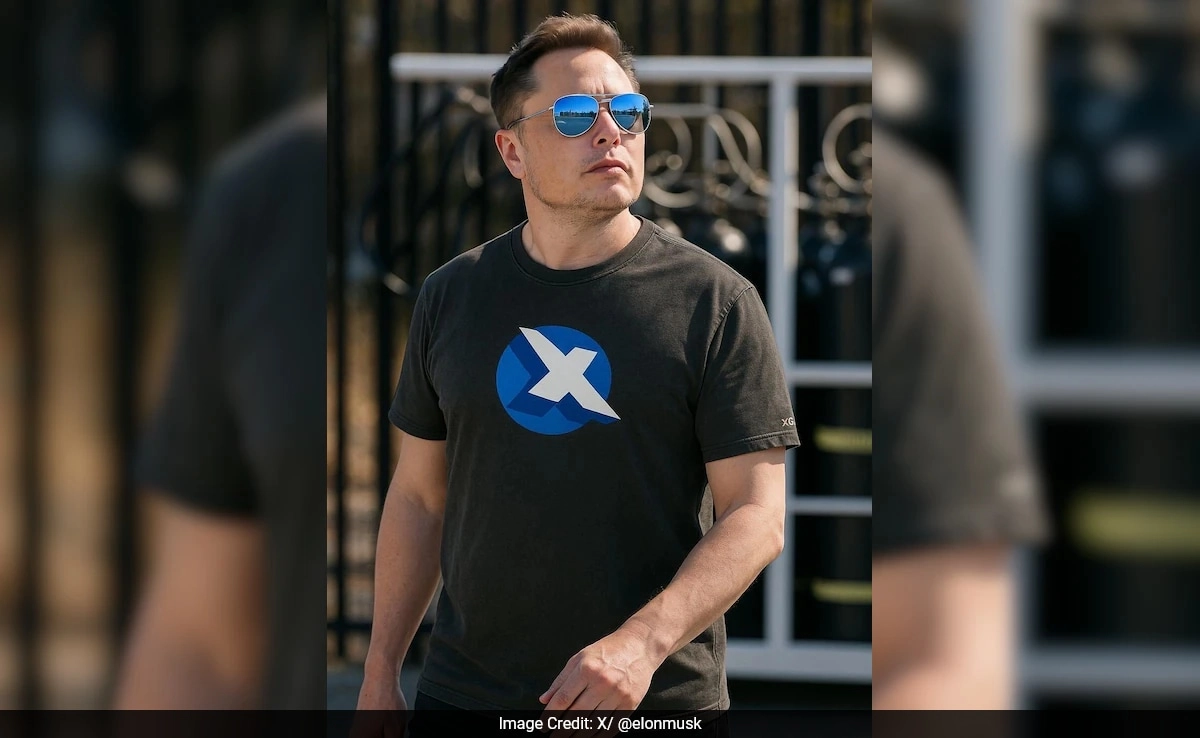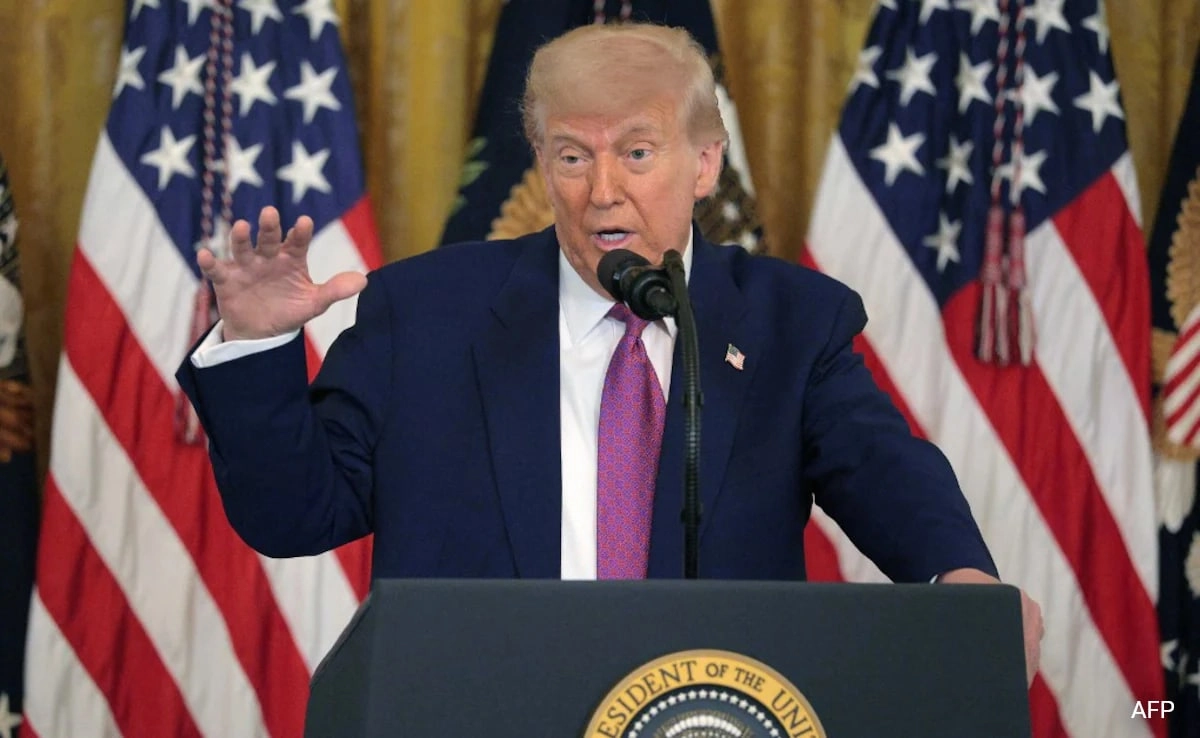Elon Musk, the CEO of Tesla and SpaceX, has recently leveled serious accusations against Apple, alleging that the tech giant has engaged in antitrust violations. This bold move comes in the context of an ongoing debate about the power dynamics in the tech industry, where Musk claims that Apple’s practices could be stifling competition and innovation. The accusations suggest that Musk believes Apple is leveraging its dominant market position to unfairly disadvantage competitors, particularly in the app economy, where developers often face high fees and stringent regulations imposed by the App Store.
Musk’s allegations are not merely rhetoric; he has indicated that he is prepared to take legal action against Apple if these issues are not addressed. This statement underscores the growing tensions between major tech companies and the increasing scrutiny they face from regulators and industry leaders alike. The situation reflects a broader concern about monopolistic practices in Silicon Valley, where a few companies hold significant sway over the market. Musk’s willingness to challenge Apple could spark a larger conversation about the need for reform in how digital platforms operate, particularly concerning their treatment of third-party developers and the potential for anti-competitive behavior.
As the founder of several groundbreaking companies, Musk has a unique perspective on the challenges faced by innovators in the tech landscape. His confrontation with Apple highlights the difficulties that emerging and smaller companies encounter when trying to compete against established giants. The outcome of this dispute could have far-reaching implications for the entire tech ecosystem, potentially reshaping the rules of engagement between platforms and developers. By threatening legal action, Musk is not only defending his own interests but also signaling to other industry players that the status quo may no longer be acceptable in an increasingly competitive market.
In light of these developments, industry observers are closely monitoring how Apple will respond to Musk’s claims. The company’s response could set a precedent for how other tech giants handle similar accusations in the future. Moreover, the situation raises important questions about regulatory oversight and the balance of power in the digital marketplace. As Musk’s accusations gain traction, they may prompt further examination of antitrust laws and their applicability to the ever-evolving landscape of technology, where innovation often collides with established business practices. In a world increasingly dominated by a few tech titans, the resolution of this conflict could be pivotal in determining the future of competition and consumer choice in the digital age.




